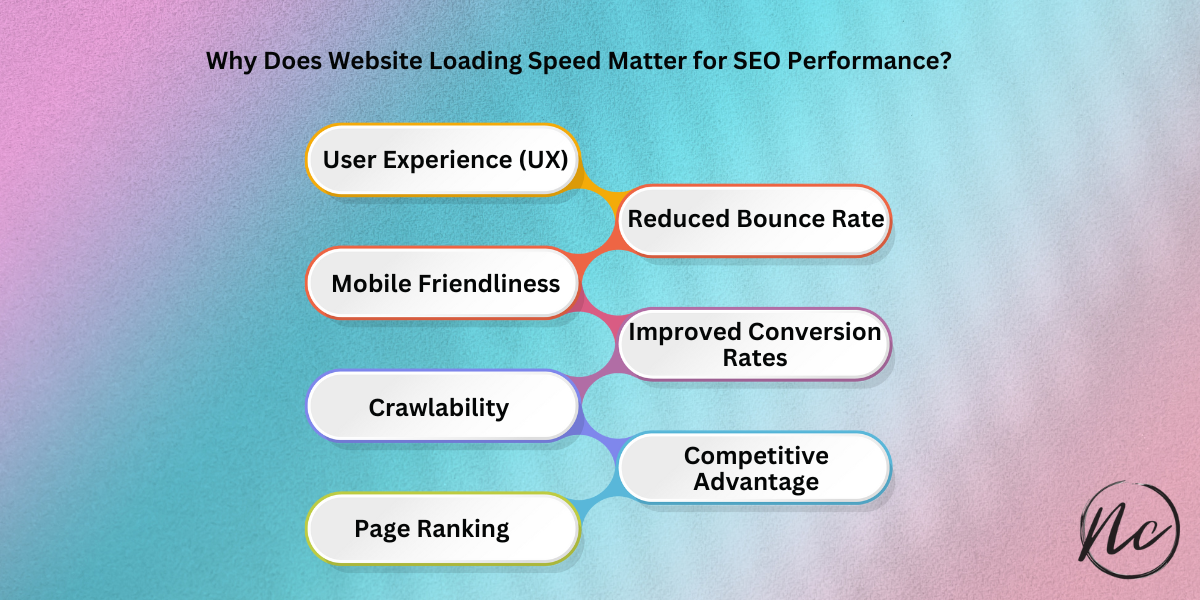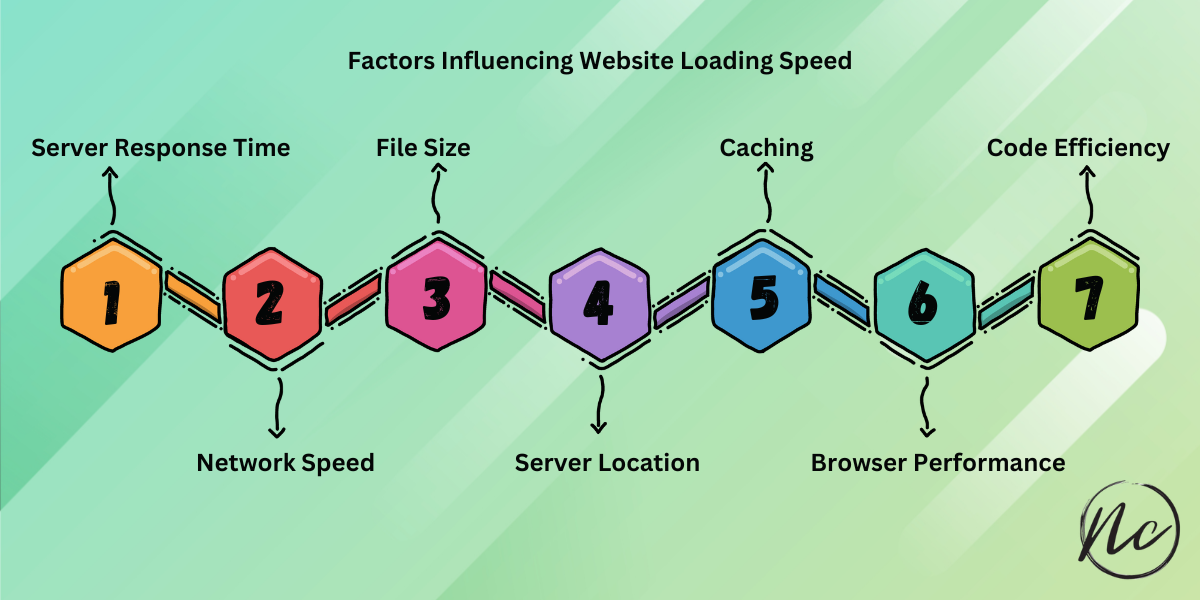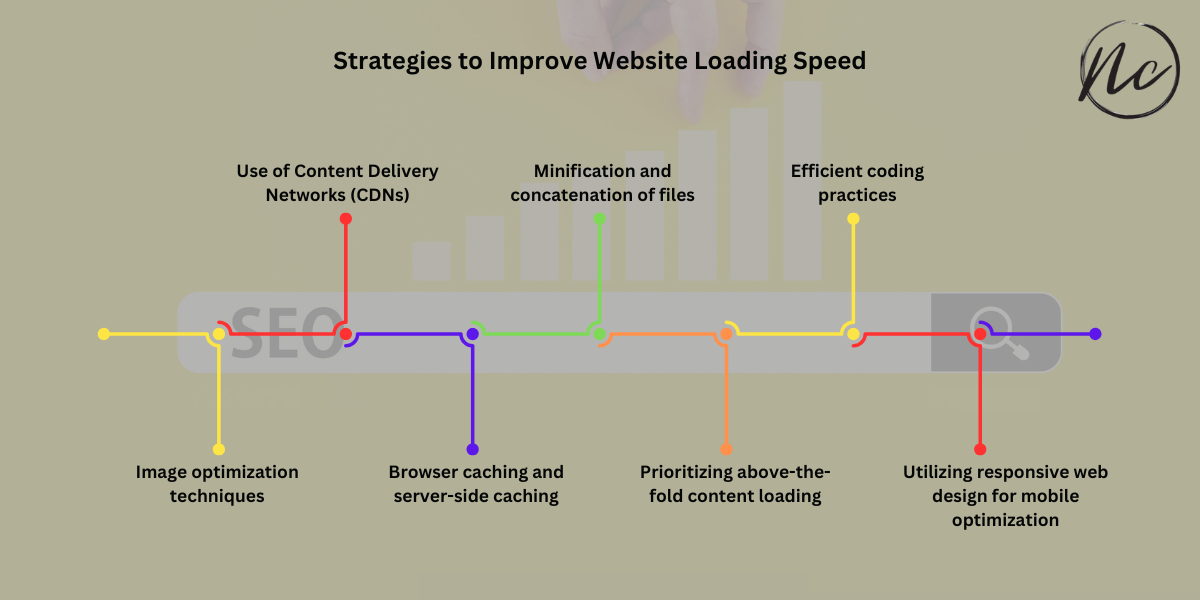In the fast-paced digital landscape of today, where attention spans are fleeting and users demand instant gratification, the speed at which a website loads has become a critical factor in determining its success. Not only does website loading speed significantly impact user experience, but it also plays a crucial role in search engine optimization (SEO) rankings.
Search engines, particularly Google, prioritize user satisfaction, and one of the key metrics they use to evaluate this is page loading speed. Websites that load quickly are more likely to rank higher in search engine results pages (SERPs), gaining better visibility and ultimately attracting more organic traffic.
Furthermore, the relationship between website loading speed and SEO rankings goes beyond just user experience. Google’s algorithms consider various factors when determining rankings, and website speed is one of the core elements evaluated. Websites that load slowly not only frustrate users but also signal to search engines that they may provide a subpar experience.
As a result, such sites are often penalized in rankings, making it imperative for webmasters and SEO professionals to prioritize optimization strategies that enhance loading speed.
In this article, we will delve into the intricate dynamics between website loading speed and SEO rankings, exploring insightful strategies to improve performance and elevate search visibility.
What is Website Loading Speed?
Website loading speed refers to the time it takes for a web page to fully display its content in a user’s web browser after the user clicks on a link or enters a URL. It’s a critical factor in user experience and can significantly impact a website’s success.
Faster loading speeds generally result in a better user experience, higher engagement, and improved search engine rankings. Slow loading speeds can frustrate users, leading to higher bounce rates and decreased conversions.
Why Does Website Loading Speed Matter for SEO Performance?

Website loading speed matters for SEO performance due to several reasons:
1. User Experience (UX):
Faster loading times enhance user experience, leading to lower bounce rates and longer on-page durations. Users are more likely to engage with and return to a website that loads quickly.
2. Mobile Friendliness:
With the increasing use of mobile devices, Google prioritizes mobile-friendly websites. Faster loading times ensure better performance on mobile devices, positively impacting SEO rankings.
3. Crawlability:
Search engine bots regularly crawl websites to index content. Faster loading speeds facilitate quicker crawling, ensuring that search engines can index more pages efficiently, which can improve a website’s visibility in search results.
4. Page Ranking:
Google considers page speed as a ranking factor. Websites with faster loading times are more likely to rank higher in search engine results pages (SERPs) compared to slower-loading counterparts.
5. Reduced Bounce Rate:
Slow-loading websites tend to have higher bounce rates as users are more likely to leave if a page takes too long to load. Lower bounce rates signal to search engines that the content is relevant and engaging, positively impacting SEO.
6. Improved Conversion Rates:
Faster loading times contribute to better conversion rates, as users are more likely to complete desired actions such as making purchases or filling out forms on websites that load quickly. Higher conversion rates can indirectly boost SEO performance.
7. Competitive Advantage:
In competitive industries, even a small difference in loading speed can make a significant impact. Users tend to prefer and engage more with faster-loading websites, leading to higher conversion rates and better SEO performance compared to slower competitors.
Factors Influencing Website Loading Speed

Several factors can influence the loading speed of a website. Here are some of the key ones:
1. Server Response Time:
The time it takes for the webserver to respond to a request from the user’s browser.
2. File Size:
The size of the files (HTML, CSS, JavaScript, images, videos, etc.) that need to be downloaded to render the web page.
3. Caching:
Storing frequently accessed resources locally on the user’s device can reduce loading times for subsequent visits.
4. Code Efficiency:
Well-optimized code, including HTML, CSS, and JavaScript, can decrease loading times by reducing unnecessary processing.
5. Network Speed:
The speed of the user’s internet connection affects how quickly files can be downloaded.
6. Server Location:
The physical location of the web server relative to the user can impact loading times due to network latency.
7. Browser Performance:
Different web browsers may render pages at varying speeds, so optimizing for popular browsers can improve overall performance.
Strategies to Improve Website Loading Speed

Improving website loading speed is crucial for enhancing user experience and optimizing search engine rankings. Here are some insights and strategies to achieve this:
1. Use of Content Delivery Networks (CDNs):
CDNs distribute website content across multiple servers worldwide, reducing latency by serving content from the server nearest to the user’s location.
2. Minification and concatenation of files:
Minifying CSS, JavaScript, and HTML files by removing unnecessary characters like white spaces and comments, and concatenating them into single files reduces file size and HTTP requests, thus speeding up loading times.
3. Efficient coding practices:
Writing clean, optimized code, reducing unnecessary code, using efficient algorithms, and avoiding render-blocking resources can significantly improve website performance.
4. Image optimization techniques:
Compressing images, choosing the appropriate file format, resizing images to the required dimensions, and using lazy loading can decrease image file size and accelerate loading times.
5. Browser caching and server-side caching:
Implementing caching mechanisms allows browsers to store static resources locally, reducing server requests for subsequent visits. Server-side caching stores dynamically generated content to minimize server load and improve response times.
6. Prioritizing above-the-fold content loading:
Loading critical content visible without scrolling first enhances perceived speed. Lazy loading of non-critical content and deferring loading of below-the-fold resources can improve initial loading times.
7. Utilizing responsive web design for mobile optimization:
Designing websites with responsive layouts ensures optimal display across various devices, eliminating the need for separate mobile sites. This improves loading speed and user experience on mobile devices.
Conclusion
The impact of website loading speed on SEO rankings cannot be overstated. As a leading SEO service provider in Philadelphia, Nucitrus understands the critical role that loading speed plays in determining a website’s search engine visibility and user experience. Studies have consistently shown that faster loading times correlate positively with higher search rankings, increased user engagement, and improved conversion rates.
For businesses seeking to enhance their online presence and attract more organic traffic, optimizing website loading speed should be a top priority. By partnering with a trusted marketing company in Philadelphia like Nucitrus, businesses can leverage expert strategies and technologies to streamline their websites, improve performance, and ultimately achieve higher SEO rankings.
To learn more about how Nucitrus can help optimize your website for speed and enhance your overall SEO strategy, contact us today. Together, we can propel your online presence to new heights and drive sustainable growth for your business.




